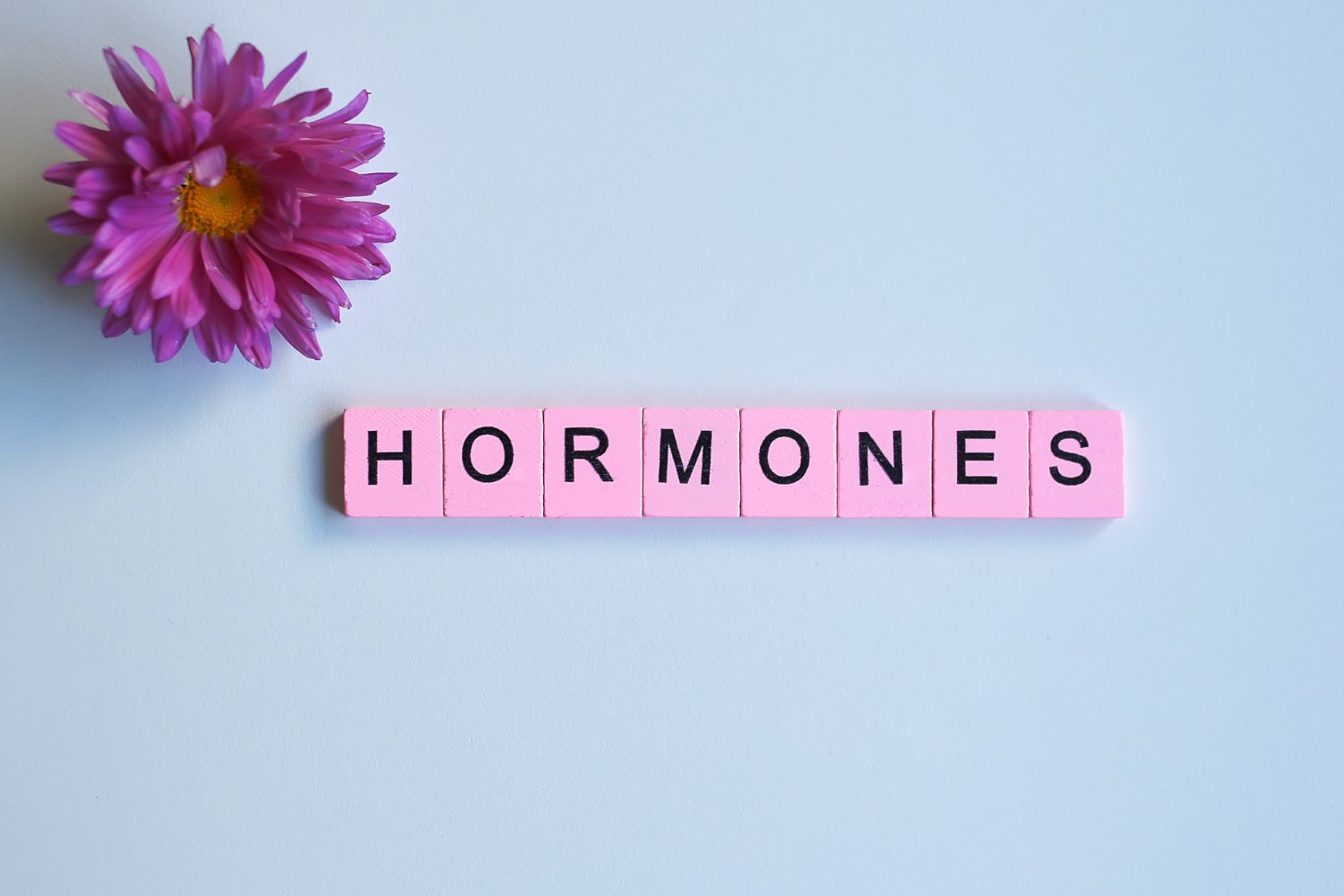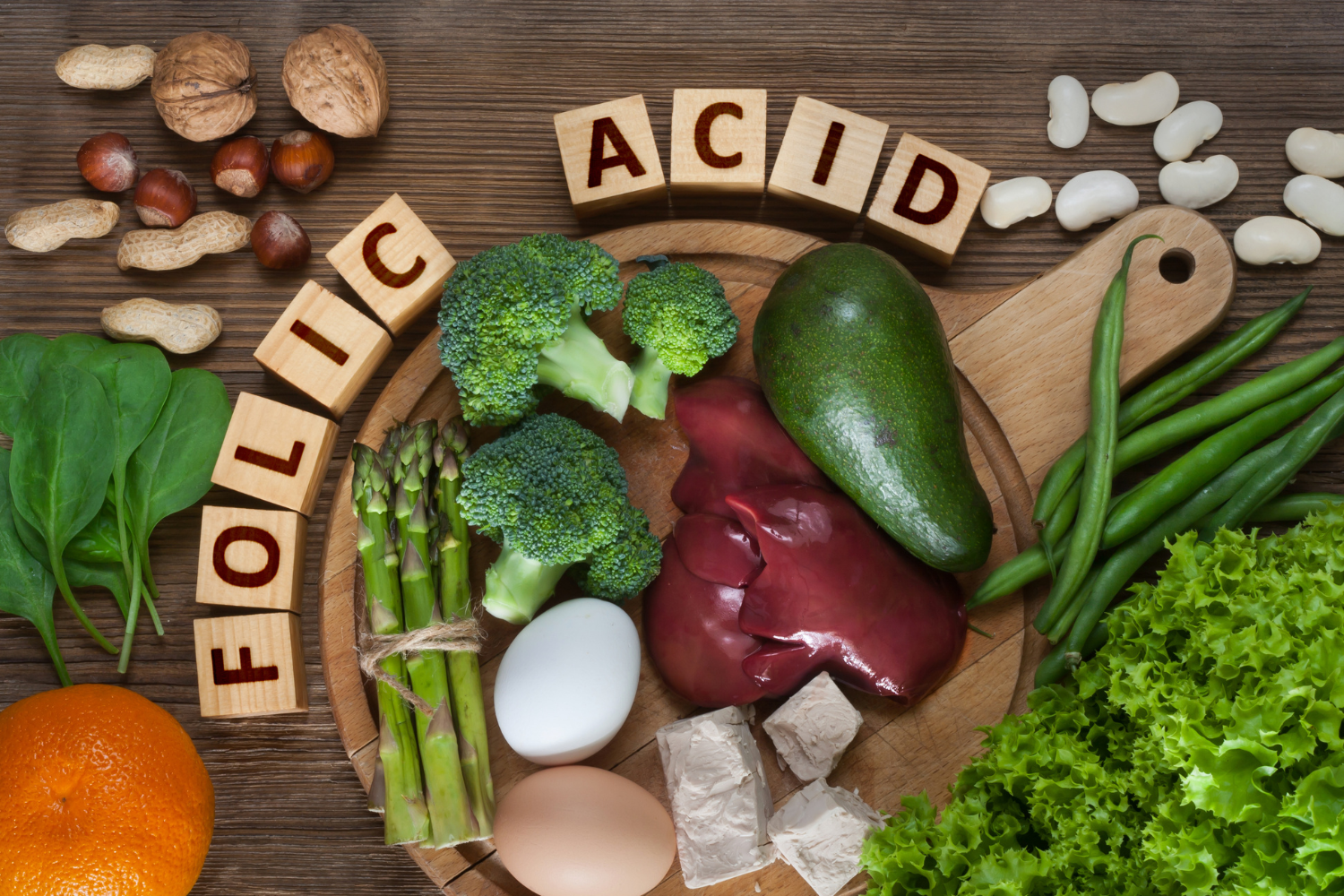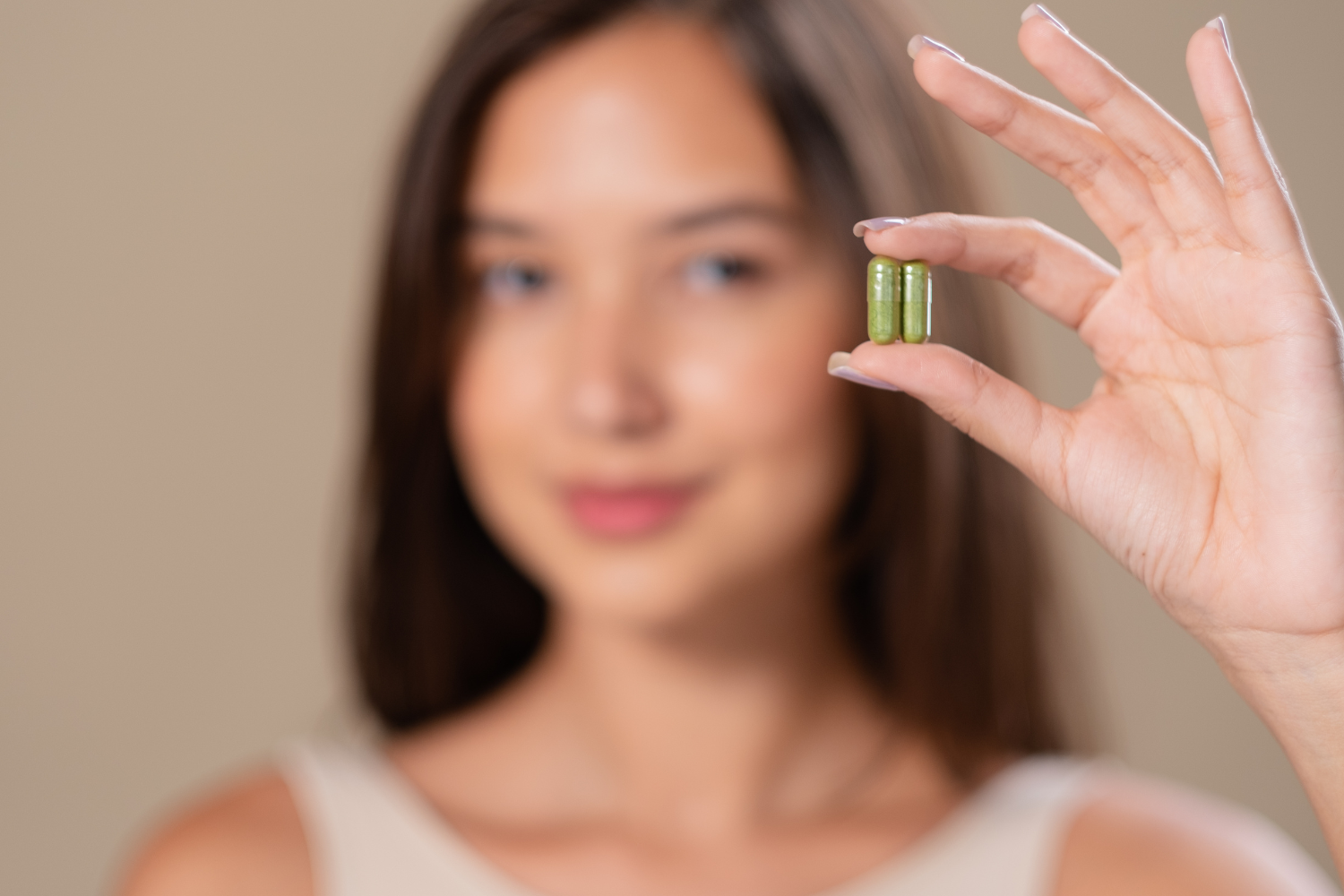The demand for women’s health supplements continues to rise as more women prioritize hormonal balance, bone health, reproductive health, and overall vitality. These supplements are designed to address the unique needs of women across various life stages, from menstruation and pregnancy to menopause and beyond.
Health-conscious consumers are seeking science-backed solutions that support fitness, nutrition, health, and longevity. For nutrition brands, creating high-quality women’s health products is an opportunity to thrive in an industry that believes every woman deserves to feel strong, confident, and supported in achieving a healthier, happier life.

Table of Contents
ToggleUnderstanding Women’s Health Supplements
Women’s health supplements are specifically formulated to address unique health concerns such as hormone regulation, reproductive health, and bone density. These products target the diverse needs of women at various life stages, from managing hormonal fluctuations during menstruation or menopause to supporting prenatal and postnatal health.
They also contribute to overall wellness by boosting energy, improving immune function, and supporting long-term goals like fitness, nutrition, and longevity. High-quality supplements are a key resource for women aiming to feel strong, confident, and thrive in every way, no matter their starting point.
Common Use Cases
Women’s health supplements cater to a variety of needs that evolve throughout different life stages:
- Supporting hormonal balance during menstruation or menopause: May support mood and energy levels, as well as alleviate symptoms like hot flashes or cramping.
- Enhancing reproductive health and prenatal nutrition: Provides essential nutrients like folic acid and iron for pregnancy preparation and healthy fetal development.
- Addressing bone density concerns and maintaining vitality in aging women: Supports bone strength with calcium, vitamin D, and magnesium, reducing the risk of osteoporosis.

Common Types of Women’s Health Supplements
Women’s health supplements are available in various formats, each offering unique advantages for convenience and effectiveness.
- Capsules/Tablets: A popular choice for delivering essential nutrients like folic acid, calcium, or vitamin D in precise doses.
- Gummies: A flavorful and appealing option often used for multivitamins, biotin, or hair, skin, and nail support.
- Powders: Versatile and easy to incorporate into smoothies or beverages, featuring ingredients like superfoods, adaptogens, or protein.
- Liquid Supplements: Ideal for quick absorption, especially for nutrients like iron, collagen, or herbal extracts supporting longevity, beauty, and vitality.

Benefits of Offering Women’s Health Supplements
Women’s health supplements allow brands to address the specific needs of female consumers while expanding their market reach. These products support unique health goals and build trust and loyalty through targeted, high-quality offerings.
Addressing Unique Female Health Needs
Supplements tailored for women target key concerns such as PMS, menopause, pregnancy, and bone health. Ingredients like chasteberry for hormone regulation and calcium for bone density make these products essential for addressing life stage-specific challenges.
Health-conscious women are increasingly drawn to supplements that align with their holistic wellness goals. Products designed to support hormonal balance, vitality, and overall wellness appeal to women striving to feel strong and confident at every stage of life.
Expanding Product Lines for Female Consumers
Women’s health supplements complement other wellness categories, such as stress management, energy boosters, or beauty-enhancing products. For example, ashwagandha can fit seamlessly into hormonal health and stress-relief formulas, creating opportunities for cross-promotion.
Brands can maximize value by bundling women’s health products into comprehensive wellness kits. Prenatal bundles, menopause support kits, or daily wellness packs provide convenient solutions for women seeking tailored, all-in-one options to meet their health needs.
Building Brand Trust Through High-Quality, Targeted Formulas
Formulating supplements with clinically validated ingredients tailored to women’s unique needs is crucial for building consumer trust. Including proven ingredients like magnesium for stress management or folic acid for reproductive health demonstrates expertise and commitment to efficacy.
Certifications like non-GMO, vegan, or allergen-free, along with adherence to GMP and third-party testing, ensure regulatory compliance while appealing to health-conscious female consumers. Transparent labeling and adherence to high-quality manufacturing standards show customers they can rely on your products for their wellness journey.

Key Ingredients in Women’s Health Supplements
Creating effective women’s health supplements starts with using high-quality ingredients that address specific needs. These ingredients support women’s overall wellness goals, from hormonal balance to skin health.
Hormonal Balance
Chasteberry (Vitex): Known for regulating hormones, chasteberry has been studied for its potential to support PMS symptoms, such as mood swings and cramps. It’s particularly effective for women managing hormonal imbalances during their reproductive years.
Ashwagandha: This adaptogenic herb helps reduce stress, a common trigger for hormonal imbalances. Ashwagandha also supports adrenal health, promoting overall hormonal stability and well-being.
Reproductive Health
Folic Acid: Essential for prenatal health, folic acid is known to significantly lower the risk of neural tube defects in developing babies. This nutrient is critical for women planning to conceive or are already pregnant.
Iron: Women often face iron deficiencies due to menstruation or pregnancy. Iron supplements support energy levels and blood health, helping women stay active and strong throughout these life stages.

Bone Health
Calcium: A cornerstone for maintaining bone density, adequate calcium intake supports bone density and is a key factor in reducing the risk of osteoporosis. It’s vital for women during and after menopause when bone loss accelerates.
Vitamin D3: This nutrient enhances calcium absorption and supports overall bone health. Vitamin D3 supports calcium absorption and is believed to play a role in immune health, adding extra benefits for women seeking holistic health solutions.
General Wellness and Vitality
Magnesium: Some studies have associated magnesium with muscle relaxation, improved sleep quality, and stress management. It’s a versatile ingredient that supports physical and mental wellness.
Omega-3 Fatty Acids: Known for their anti-inflammatory properties, omega-3s support heart health and brain function, making them an essential addition to women’s general wellness regimens.
Beauty and Skin Support
Collagen Peptides: These peptides are commonly used to support skin elasticity, reduce the appearance of aging, and promote joint health, making them a popular choice for beauty-conscious consumers.
Biotin: Often included in hair, skin, and nail supplements, biotin strengthens nails and promotes hair growth, addressing key concerns for women seeking to look and feel their best.
Steps for Nutrition Brands to Develop Women’s Health Supplements
Developing women’s health supplements requires a strategic approach to meet the needs of female consumers at every life stage. From research to marketing, each step ensures the product’s success in a competitive market.
Conduct Market Research to Identify Consumer Needs
Identifying key demographics is the foundation for creating effective products. Focus on groups such as women of childbearing age, pregnant women, or those transitioning to menopause. Understanding their unique challenges helps brands tailor products to specific needs.
Researching trends in women’s health is equally important. Consumers are increasingly drawn to plant-based supplements and hormone-friendly formulations. Tracking these preferences ensures your offerings align with market demands and stay relevant.

Source High-Quality Ingredients
Partnering with reputable suppliers ensures access to clinically validated and sustainably sourced ingredients, such as folic acid, chasteberry, and omega-3s. Quality ingredients improve product efficacy and build consumer trust.
Compliance with regulatory standards and third-party testing is critical. Meeting these benchmarks ensures safety, efficacy, and credibility, making your products a reliable choice for health-conscious women.
Formulate for Specific Female Health Goals
Combining complementary ingredients enhances product effectiveness. For example, pairing calcium with vitamin D3 supports bone health, while magnesium and ashwagandha aid stress management and relaxation.
Offering specialized formulations tailored to different life stages helps meet diverse needs. Prenatal support blends, menopause-focused products, or general wellness supplements provide targeted solutions for women.
Design Packaging and Labels for Female Appeal
Highlighting product benefits directly on packaging creates immediate value for consumers. Statements like “supports hormonal balance” or “enhances vitality” resonate with women seeking specific health solutions.
Packaging designs should reflect a soft, elegant aesthetic that appeals to health-conscious female consumers. Clean lines, pastel colors, and clear labeling make products more inviting and trustworthy.
Launch and Market Strategically
Educating consumers about the importance of targeted women’s health supplements is crucial for product adoption. Share information about key ingredients and benefits through blogs, videos, or social media campaigns.
Offer free trials or introductory bundles to encourage first-time purchases. This approach reduces hesitation and allows customers to experience the benefits firsthand.
Marketing Strategies for Women’s Health Supplements
Strategic marketing can help your women’s health supplements stand out in a competitive market. To engage your audience, focus on education, partnerships, and value-driven offers and services.
Educate Consumers on Female Health Needs
Sharing informative content about women’s health supplements fosters trust and helps consumers make informed decisions. Blogs, guides, and articles can highlight how these products support various life stages, from menstruation to menopause.
Visual content like infographics and videos can simplify complex topics, such as how nutrients like folic acid or omega-3s benefit women. This approach makes information accessible and engaging.
Partner with Female Wellness Influencers
Collaborating with female-focused wellness influencers, such as nutritionists, fitness coaches, and lifestyle experts, builds credibility. Their platforms can amplify your message to a targeted audience.
Testimonials and success stories from trusted influencers resonate with consumers and increase confidence in your brand. These endorsements also provide relatable examples of how your products work.

Offer Value with Bundles and Subscriptions
Creating product bundles adds convenience and encourages larger purchases. For example, combine multivitamins with collagen or prenatal supplements into a comprehensive wellness kit.
Subscription discounts incentivize long-term use, boosting customer retention and brand loyalty. This strategy also ensures consumers maintain consistent access to their preferred products.
Empowering Women’s Wellness Through High-Quality Supplements
The growing demand for women’s health supplements underscores their importance in supporting hormonal balance, reproductive health, and overall wellness at every life stage. For nutrition brands, focusing on clinically validated, high-quality formulations tailored to women’s unique needs can create impactful products that resonate with consumers.
Transparency, efficacy, and trustworthiness are essential in building lasting customer loyalty in this competitive market. By offering targeted solutions, brands can meet consumer demands and play a pivotal role in empowering women to lead healthier, happier lives.
Frequently Asked Questions
What certifications should women’s health supplements have?
GMP certification, third-party testing, and allergen-free or vegan certifications as applicable.
How long does it take to develop women’s health supplements?
Typically 6–12 months, including formulation, testing, and regulatory approval.
What are the most popular ingredients in women’s health supplements?
Chasteberry, folic acid, omega-3s, collagen, and calcium are key choices.
Are women’s health supplements safe for daily use?
Most are considered safe when used as directed, but it’s important to consult a healthcare provider before starting any supplement regimen.
Can women’s health supplements be combined with other products?
Yes, they pair well with multivitamins, beauty supplements, or stress relief products for holistic wellness solutions.
References
- National Center for Complementary and Integrative Health. (2020). Chasteberry: Usefulness and Safety | NCCIH. https://www.nccih.nih.gov/health/chasteberry
- National Institutes of Health. (2024). Calcium – Health Professional Fact Sheet. https://ods.od.nih.gov/factsheets/Calcium-HealthProfessional/
- National Institutes of Health. (2024). Omega-3 Fatty Acids – Health Professional Fact Sheet. https://ods.od.nih.gov/factsheets/Omega3FattyAcids-HealthProfessional/
- Office on Women’s Health. (2024). Menopause | Office on Women’s Health. https://womenshealth.gov/menopause
- U.S. Food and Drug Administration. (2023). Accredited Third-Party Certification Program. https://www.fda.gov/food/importing-food-products-united-states/accredited-third-party-certification-program




